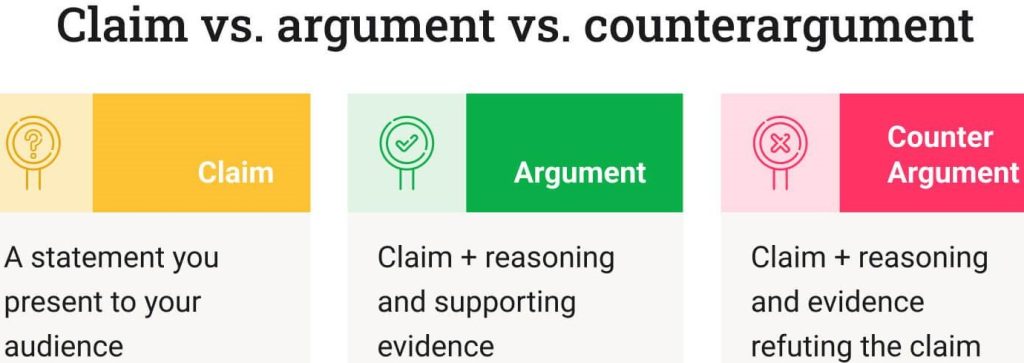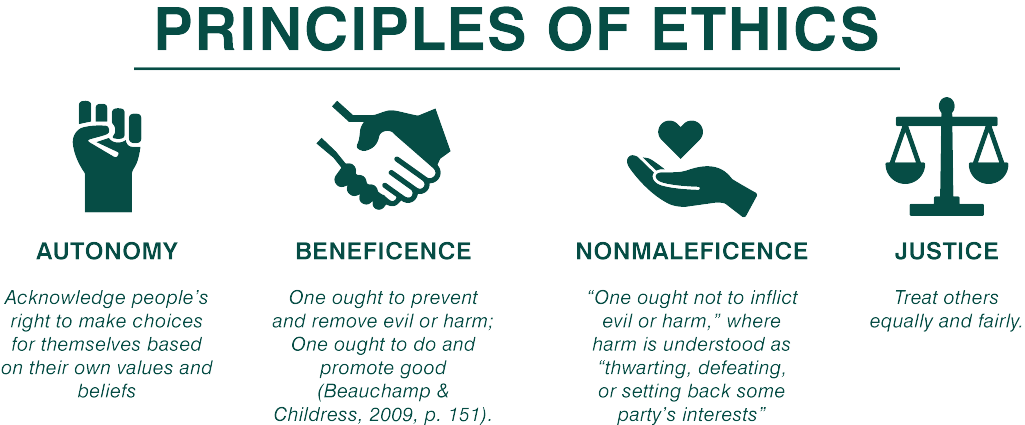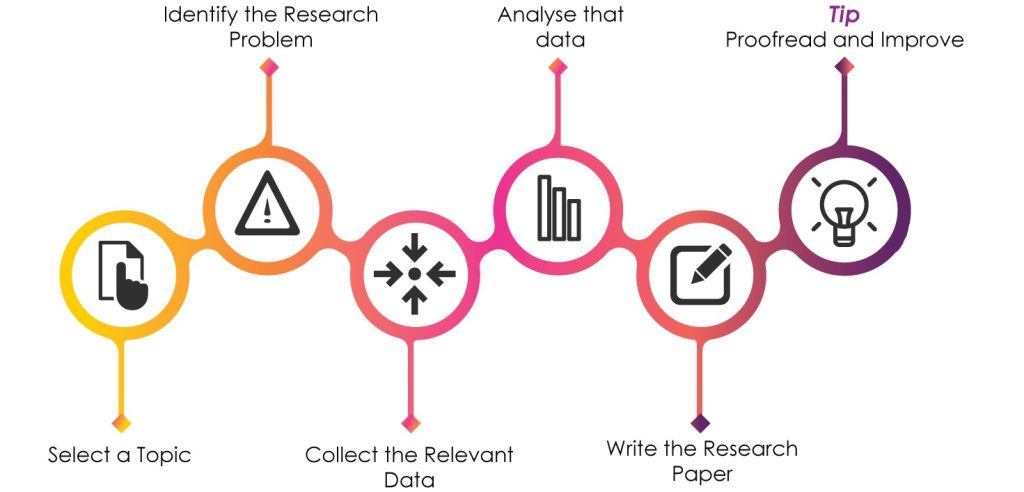
Table of Contents
The world of healthcare is a complex tapestry woven with intricate ethical considerations. From informed consent to end-of-life care, the decisions we make in the realm of medicine often carry weighty moral implications. This makes writing a research paper on healthcare ethics a challenging but rewarding endeavor.
This guide will equip you with the tools and insights necessary to embark on your journey into the intricate world of healthcare ethics research. Whether you’re a student, a healthcare professional, or simply someone with a keen interest in the subject, this comprehensive resource will empower you to craft a compelling and impactful research paper.
Steps to Crafting a Stellar Research Paper on Healthcare Ethics
1. Choosing Your Topic: The Starting Points
The first step in writing a research paper on healthcare ethics is to choose a topic that resonates with your interests and sparks your intellectual curiosity. Begin by brainstorming potential themes, considering the following factors:
- Current Trends: What are the most pressing ethical dilemmas in healthcare today?
- Personal Experiences: Have you encountered ethical issues in your own life or through your interactions with the healthcare system?
- Knowledge Gaps: Are there specific areas of healthcare ethics where research is lacking?
- Specific Populations: Do you want to focus on ethical challenges faced by certain groups, such as children, the elderly, or marginalized communities?
2. The Art of Research: Gathering Your Evidence
Once you’ve chosen your topic, it’s time to delve into the research phase. This involves gathering credible information from diverse sources to support your arguments and build a strong foundation for your research paper on healthcare ethics.
- Scholarly Databases: Explore academic databases like PubMed, PhD Nurse Writer, JSTOR, and Google Scholar for peer-reviewed articles, books, and dissertations.
- Professional Organizations: Websites of organizations such as the American Medical Association (AMA) and the American Nurses Association (ANA) offer valuable resources on ethical guidelines and best practices.
- Government Agencies: Websites of government agencies like the Department of Health and Human Services (HHS) provide insights into healthcare policies and regulations.
- Ethics Committees: Contact local ethics committees for hospitals or research institutions to gain access to their internal guidelines and ethical review documents.
- News Articles and Opinion Pieces: While not the primary source for a research paper on healthcare ethics, these can provide valuable context and real-world examples to illustrate your points.
3. Structuring Your Research Paper: A Blueprint for Success
A well-structured research paper on healthcare ethics is crucial for conveying your arguments clearly and effectively. Consider the following framework:
- Introduction: Capture the reader’s attention with a compelling hook, state your thesis statement, and outline the main points you will explore in your research paper on healthcare ethics.
- Literature Review: Summarize and analyze existing research on your chosen topic. Identify key theories, frameworks, and ethical principles relevant to your research paper on healthcare ethics.
- Methodology: If your research paper on healthcare ethics involves empirical data, describe your research design, data collection methods, and participant demographics.
- Results: If you’re analyzing data, present your findings objectively and clearly.
- Discussion: Analyze your findings in relation to existing literature and explore their implications for practice and policy.
- Conclusion: Restate your thesis statement, summarize your key arguments, and offer recommendations for future research or practice in the field of healthcare ethics.
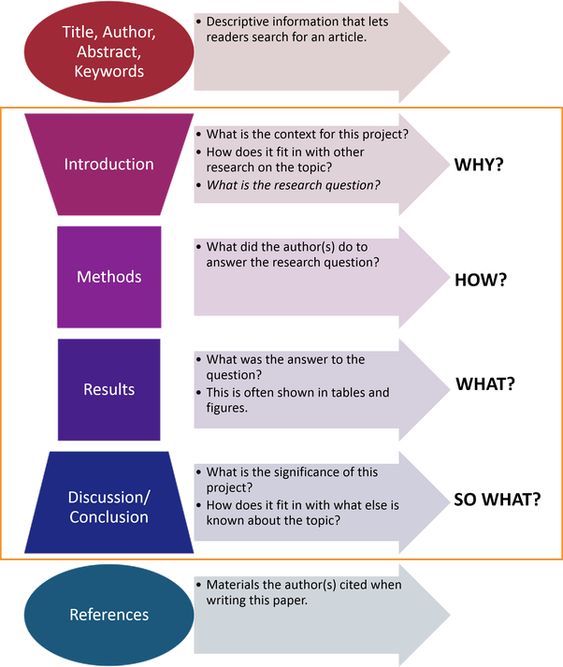
4. Ethical Considerations: A Foundation for Your Research
As you delve into your research on healthcare ethics, it’s essential to consider the ethical implications of your work.
- Informed Consent: If you are conducting research with human subjects, ensure you obtain informed consent from participants.
- Privacy and Confidentiality: Respect the privacy and confidentiality of individuals involved in your research on healthcare ethics.
- Objectivity and Bias: Strive for objectivity in your research and acknowledge any potential biases you may have.
- Responsible Use of Data: Use data responsibly and avoid misinterpreting or manipulating findings to fit your preconceived notions.
5. Writing Style and Tone: Clear, Concise, and Engaging
Your research paper on healthcare ethics should be written in a clear, concise, and engaging manner.
- Academic Language: Use academic language that is precise and avoids jargon or colloquialisms.
- Citation Style: Choose a consistent citation style and follow it diligently throughout your research paper on healthcare ethics.
- Objectivity and Impartiality: Present your arguments objectively and avoid emotional language or subjective opinions.
- Logical Flow: Ensure your research paper on healthcare ethics flows logically, with each paragraph and section building on the previous one.
6. Key Ethical Principles in Healthcare: Guiding Your Research
Several key ethical principles serve as cornerstones for ethical decision-making in healthcare. These principles provide a framework for analyzing ethical dilemmas and formulating ethical solutions.
- Beneficence: This principle emphasizes the obligation to act in the best interests of the patient and to promote their well-being.
- Non-maleficence: This principle mandates that healthcare professionals should avoid causing harm to patients.
- Autonomy: This principle respects the patient’s right to self-determination and their ability to make decisions about their own healthcare.
- Justice: This principle requires fair and equitable distribution of healthcare resources and services to all individuals.

7. Common Ethical Dilemmas in Healthcare: Exploring the Landscape
Healthcare ethics is a vast and complex field, encompassing a wide range of ethical dilemmas that professionals encounter on a daily basis. Here are some common ethical challenges explored in research papers on healthcare ethics:
- Informed Consent: Balancing patient autonomy with the need for medical interventions.
- Confidentiality and Privacy: Protecting sensitive patient information while fulfilling legal and professional obligations.
- End-of-Life Care: Balancing patient autonomy with the duty to provide comfort and care at the end of life.
- Resource Allocation: Distributing scarce healthcare resources fairly and equitably.
- Research Ethics: Balancing the potential benefits of research with the need to protect the rights and well-being of participants.
- Reproductive Ethics: Navigating ethical issues related to abortion, contraception, and assisted reproduction.
- Genetic Testing and Genetic Engineering: Addressing ethical concerns surrounding the use of genetic information.
- Organ Donation: Ensuring ethical practices in organ transplantation and minimizing exploitation.
- Mental Health and Substance Abuse: Navigating ethical dilemmas in treating mental illness and substance abuse.
- Public Health Ethics: Balancing individual rights with the need to protect public health.
8. Engaging with the Literature: Finding Your Voice
The process of writing a research paper on healthcare ethics involves more than simply summarizing existing research. It requires you to engage critically with the literature and develop your own unique perspective on the issues at hand.
- Identify Gaps in Knowledge: Explore areas where existing research falls short or where further investigation is needed.
- Critically Evaluate Arguments: Analyze the strengths and weaknesses of different ethical perspectives and theories.
- Offer Original Insights: Present your own interpretations of the literature and provide your own unique insights into the ethical challenges you are examining.
- Formulate Solutions: Consider potential solutions or recommendations for addressing the ethical dilemmas you have identified.
9. The Art of Persuasion: Convincing Your Audience
A compelling research paper on healthcare ethics requires more than simply presenting information. It’s essential to persuade your audience of the validity of your arguments and the significance of your findings.
- Strong Thesis Statement: Clearly articulate your main argument and provide a roadmap for your research paper on healthcare ethics.
- Clear and Concise Language: Use language that is precise, engaging, and easy to understand.
- Supporting Evidence: Back up your claims with credible evidence from reputable sources.
- Logical Structure: Organize your ideas in a logical flow that makes sense to your audience.
- Convincing Counterarguments: Address potential counterarguments to your position and explain why your perspective is stronger.
10. Refining and Polishing Your Work: The Finishing Touches
Once you’ve written a draft of your research paper on healthcare ethics, it’s time to polish it to perfection.
- Proofread and Edit: Carefully proofread your paper for grammar, spelling, and punctuation errors.
- Seek Feedback: Get feedback from peers, mentors, or professors to gain fresh perspectives and identify areas for improvement.
- Revise and Refine: Make necessary revisions to your research paper on healthcare ethics based on the feedback you receive.
- Format and Citation: Ensure your paper adheres to the required formatting guidelines and citation style.
Avoiding Common Mistakes in Your Healthcare Ethics Research Paper
Writing a research paper on healthcare ethics is a challenging but rewarding endeavor. This field grapples with complex moral dilemmas that demand careful analysis and thoughtful argumentation. However, navigating the complexities of medical ethics can lead to common pitfalls that undermine the quality and impact of your research.
1. Overlooking the Multifaceted Nature of Ethics:
A fundamental mistake in writing a research paper on healthcare ethics is oversimplifying the ethical considerations. Healthcare ethics is not a monolithic entity; it encompasses a diverse spectrum of perspectives, principles, and frameworks. Neglecting to acknowledge this complexity can lead to one-sided arguments and narrow analyses. For example, focusing solely on the principle of autonomy without considering the weight of beneficence or justice can result in a biased and incomplete understanding of the ethical issue at hand. To avoid this error, ensure your research paper explores multiple ethical perspectives and acknowledges the diverse range of factors influencing the ethical landscape of healthcare.
2. Failing to Ground Your Argument in Solid Research:
A well-structured research paper on healthcare ethics relies on a strong foundation of evidence. Relying on anecdotal evidence or personal opinions weakens the credibility of your arguments. Instead, base your research on established ethical frameworks, relevant literature, and empirical data. Consulting reputable medical ethics journals, books, and online resources can provide the necessary foundation for a comprehensive and insightful discussion.
3. Ignoring the Importance of Context:
Every ethical dilemma in healthcare arises within a specific context. This context shapes the ethical landscape and influences the weight given to different ethical principles. Failing to consider the context can lead to misleading conclusions. For instance, analyzing the ethical implications of a new medical technology without taking into account the social, cultural, and economic factors surrounding its application can result in an incomplete and potentially inaccurate analysis. Remember to fully explore the context surrounding your chosen topic and examine how it impacts the ethical dimensions of the issue.
4. Lacking a Clear Argumentative Structure:
A research paper on healthcare ethics requires a clear and compelling argumentative structure. Failing to develop a strong thesis statement and provide supporting evidence weakens the impact of your research. Structure your paper logically, using clear headings and subheadings to guide the reader through your analysis. Each paragraph should contribute to the overall argument, building towards a coherent conclusion.
5. Neglecting the Practical Implications:
While theoretical discussions are essential, a research paper on healthcare ethics should also consider the practical implications of the ethical dilemma being explored. This involves examining the potential consequences of different courses of action, considering the real-world feasibility of ethical solutions, and exploring the potential impact on patients, healthcare professionals, and society as a whole.
6. Failing to Engage with Counterarguments:
A robust research paper on healthcare ethics acknowledges and addresses opposing viewpoints. Failing to engage with counterarguments can weaken the credibility of your argument and leave the reader with unanswered questions. By acknowledging alternative perspectives and providing thoughtful responses, you demonstrate a balanced and nuanced understanding of the ethical issue at hand.
7. Avoiding the Use of Ethical Frameworks:
Ethical frameworks provide a systematic approach to analyzing complex ethical dilemmas. Ignoring the use of established frameworks like principlism, consequentialism, or virtue ethics leaves your research paper lacking a structured methodology for ethical evaluation. By incorporating and applying these frameworks, you can provide a comprehensive and insightful analysis of the ethical issues at hand.
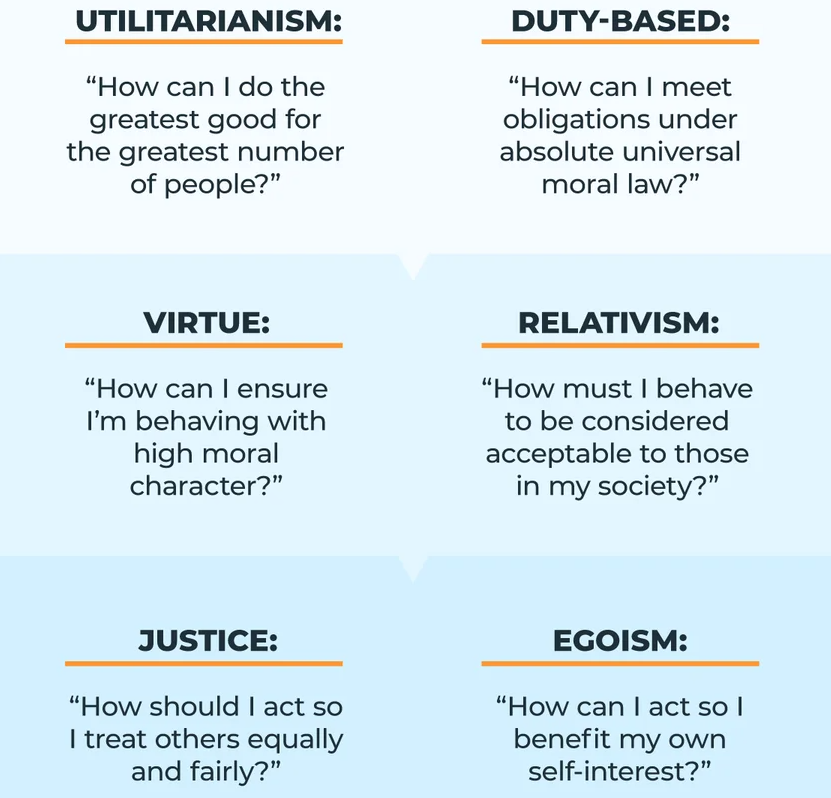
8. Insufficiently Addressing the Role of Stakeholders:
Ethical dilemmas in healthcare often involve multiple stakeholders with varying perspectives and interests. A research paper on healthcare ethics must acknowledge and address the perspectives of all stakeholders, including patients, healthcare professionals, families, researchers, and policymakers. Failing to do so creates a distorted and incomplete picture of the ethical landscape.
Writing a research paper on healthcare ethics requires careful consideration of its multifaceted nature. By avoiding these common mistakes, you can elevate your research and contribute to a more informed and nuanced discussion of the ethical challenges facing healthcare today.
Remember, a well-written research paper on healthcare ethics goes beyond presenting a simple list of ethical dilemmas. It delves into the complexities of moral reasoning, explores the impact of ethical decisions, and ultimately aims to contribute to a more ethically informed and responsible healthcare system.
Frequently Asked Questions about Research Papers on Healthcare Ethics
Navigating the complex world of healthcare ethics can be a daunting task, especially for students writing a research paper on this crucial topic. From defining ethical dilemmas to understanding the nuances of research methodology, many questions arise. This article aims to address some of the most frequently asked questions about a research paper on healthcare ethics, providing guidance and clarity for students embarking on this scholarly journey.
1. What are the Core Ethical Principles in Healthcare?
A research paper on healthcare ethics often begins with a foundation of key ethical principles. These include beneficence, which emphasizes promoting the well-being of patients; non-maleficence, the duty to avoid harm; autonomy, respecting patient’s right to make informed decisions; and justice, ensuring fair and equitable access to healthcare. Understanding and applying these principles is crucial for analyzing ethical issues in healthcare.
2. How do I Choose a Relevant Topic for my Research Paper on Healthcare Ethics?
Choosing a topic for a research paper on healthcare ethics requires careful consideration. The key is to identify a specific issue that resonates with you while ensuring it aligns with the broader field of healthcare ethics. Some popular topics include:
- End-of-life care: Advance directives, euthanasia, assisted suicide.
- Informed consent: Patient’s right to understand procedures, risks, and benefits.
- Confidentiality and privacy: Data security, electronic health records, genetic information.
- Resource allocation: Prioritizing healthcare resources, equitable distribution of treatment.
- Emerging technologies: Artificial intelligence, genetic engineering, reproductive technologies.
3. What are the Different Types of Research Methods for a Research Paper on Healthcare Ethics?
The choice of research methods depends on your chosen topic and research question. Common methods include:
- Literature review: Analyzing existing research and ethical frameworks to develop arguments and perspectives.
- Case studies: Examining real-life scenarios to understand ethical dilemmas and decision-making processes.
- Surveys and interviews: Gathering data from healthcare professionals, patients, or stakeholders to understand their views and experiences.
- Ethical analysis: Applying ethical principles and theories to evaluate ethical dilemmas and propose solutions.
4. How do I Cite Sources and Avoid Plagiarism in my Research Paper on Healthcare Ethics?
Proper citation and avoiding plagiarism are crucial for academic integrity. Familiarize yourself with established citation styles like APA or MLA and consistently use them throughout your research paper. This includes citing all sources, direct quotes, paraphrases, and summaries accurately.
5. What are Some Tips for Writing a Strong Research Paper on Healthcare Ethics?
- Develop a clear thesis statement: State your main argument and the purpose of your research.
- Support your claims with evidence: Use credible sources and research findings to strengthen your arguments.
- Present a balanced perspective: Acknowledge opposing viewpoints and provide evidence-based counterarguments.
- Engage with the ethical principles: Explicitly connect your arguments to relevant ethical principles.
- Write clearly and concisely: Use formal language and avoid jargon or technical terms that may not be understandable to the reader.
- Proofread carefully: Ensure your paper is free of grammatical errors and typos.
6. Where Can I Find Resources for my Research Paper on Healthcare Ethics?
Several resources can assist you with your research paper on healthcare ethics:
- Academic journals: Publications specializing in bioethics, medical ethics, and healthcare ethics.
- Professional organizations: Organizations like the American Medical Association, the American Nurses Association, and the Hastings Center offer valuable resources and ethical guidelines.
- Online databases: Use databases like PubMed, JSTOR, and Google Scholar to find scholarly articles and relevant literature.
- Ethics textbooks: Books on healthcare ethics provide a foundational understanding of ethical theories and frameworks.
Writing a research paper on healthcare ethics requires careful consideration, thorough research, and a commitment to ethical reasoning. By addressing these frequently asked questions and utilizing available resources, students can develop a strong, insightful, and impactful paper that contributes to the ongoing discourse on healthcare ethics.

The Bottom Line: A Legacy of Ethical Reflection
Writing a research paper on healthcare ethics is not just about presenting information. It’s about engaging in a critical dialogue about the values that underpin our healthcare system and the ethical challenges we face in caring for our patients. By delving into the complexities of healthcare ethics, we can contribute to a more just, compassionate, and ethical healthcare system for all.
By meticulously following the steps outlined in this guide, you can confidently approach the task of writing a research paper on healthcare ethics. Remember, your research paper on healthcare ethics is not just an academic exercise but an opportunity to contribute to the ongoing conversation about ethical issues in healthcare. May your research inspire thoughtful reflection, spark meaningful debate, and ultimately contribute to a more ethical healthcare landscape for all.
Get Professional Research Paper Writing Assistance
Are you looking for help with writing a research paper on healthcare ethics? Then, engage our experts at PhD Nurse Writer for a customized nursing paper writing help. Our service covers topic suggestion, paper writing, proofreading, editing, formatting and plagiarism removal. Besides research papers, we can also assist you with writing authentic essays, case studies and dissertations.



